☎️ +61 401 442 464
The Middle Matters
CONFIDENT MIDDLE MANAGERS
Sally helps middle managers be CONFIDENT and PRODUCTIVE leaders. A global, multi-award winning Certified Speaking Professional, who’s helped over 20,000 middle managers from diverse industries, locally and globally. She has a unique blend of experiences, exceptional qualifications, and a hunger for learning, and a wicked sense of humour! Having authored 6 books, Sally inspires, transforms and delivers results.
MIDDLE MANAGER ASSESSMENT
Are you a middle manager looking to assess your leadership skills and improve your performance?
Take the Middle Manager Assessment to gain insights into your strengths and areas for growth!

It's free
It takes less than 10 minutes to complete
Covers 11 essential management skills
Customised results instantly
Strictly confidential

A bit more about sally
Sally Foley-Lewis inspires middle managers to be high performing, purposeful and productive. Above all, she builds confidence: confident middle managers get the work done!
Sally’s keynote speeches, masterclasses, live, online and recorded programs, and products positively impact confidence, leadership and results. Her range of programs are proven to give a real return on investment.
Leadership development is not a one-size fits all.
She’s a multi-award winning global middle manager expert: focusing on leadership and professional development. The Recipient of the 2024 Educator Award for Excellence, she is a Certified Speaking Professional, Virtual Presenter and Facilitator.
Having authored multiple books, her book The Productive Leader was endorsed by best selling author and global personal development guru, and author of the best selling book Eat That Frog, Brian Tracy.
The drive to support and skill middle managers comes from her own CEO, senior leadership experiences, being a middle manager and reporting to plenty of them during her early career years.
Sally is not 'another leadership speaker' - she's the global middle manager expert your mid-level managers need!
Sally has been engaged by...



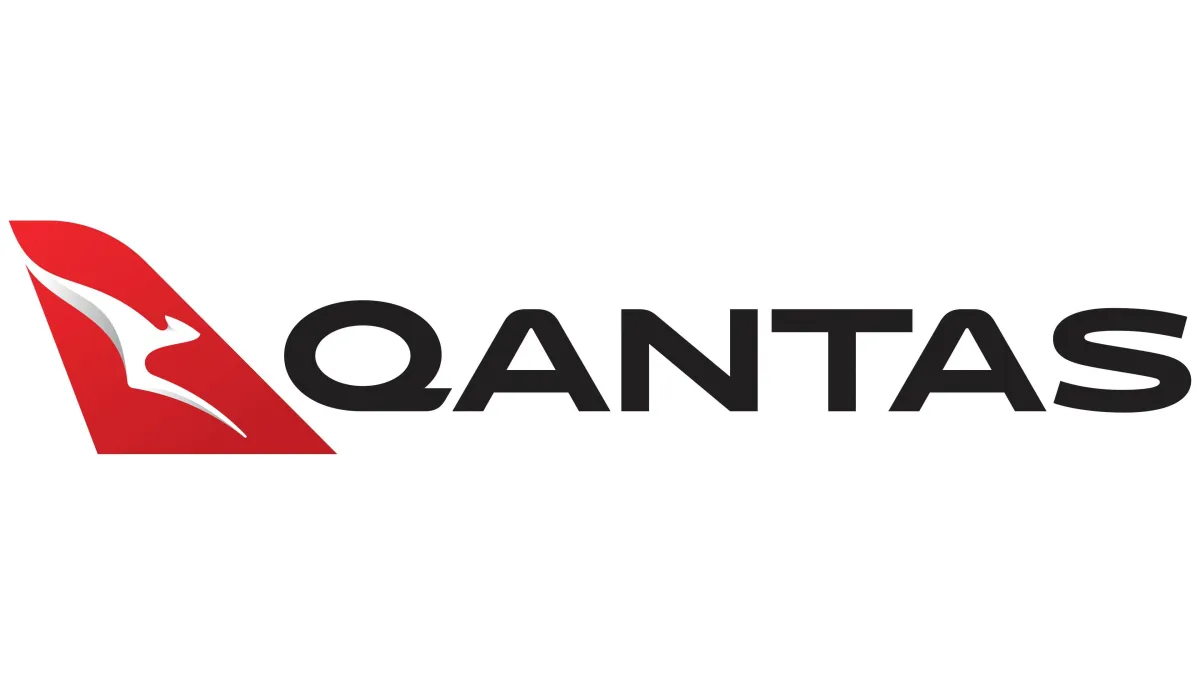
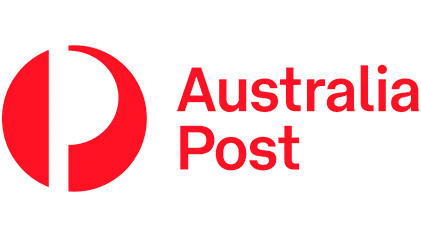
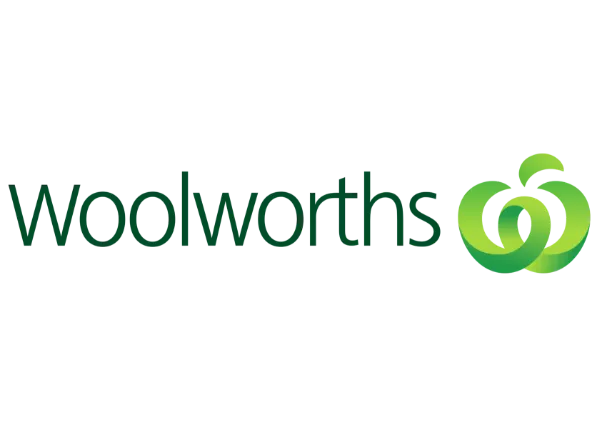
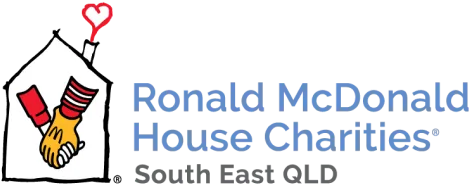

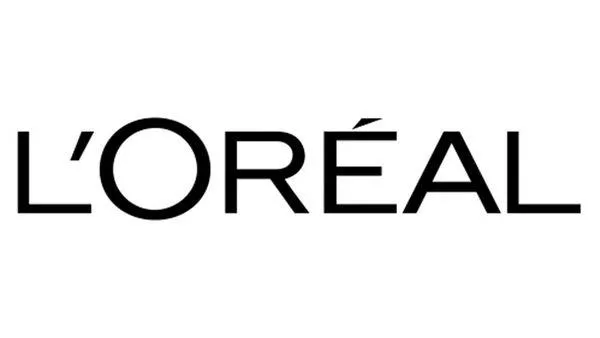
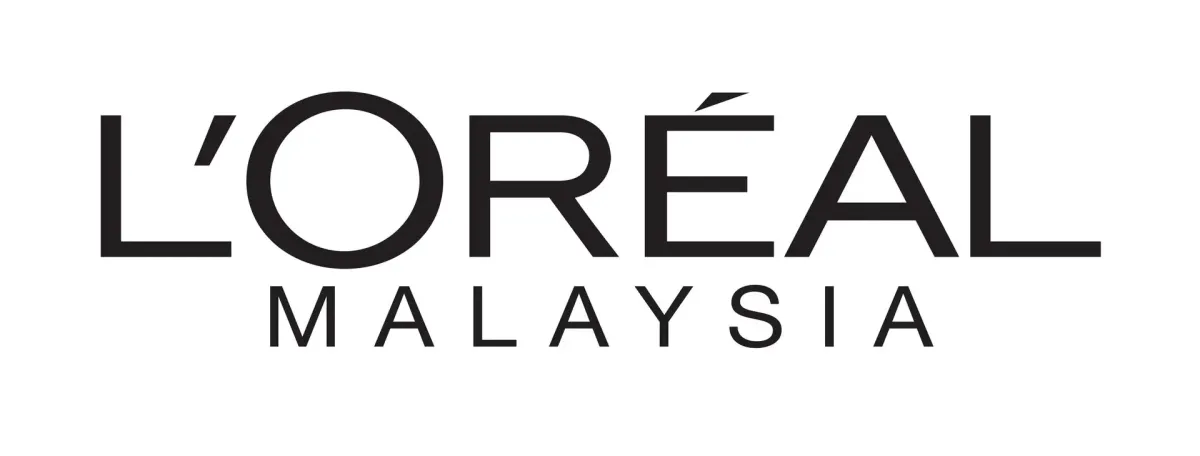
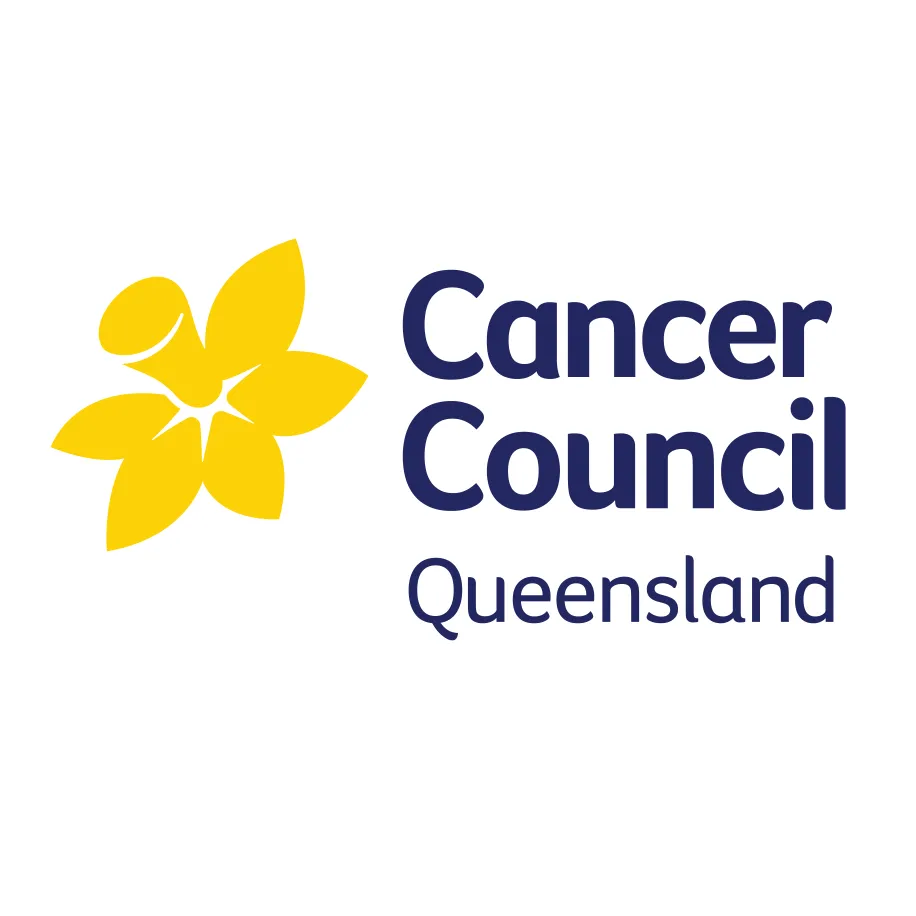

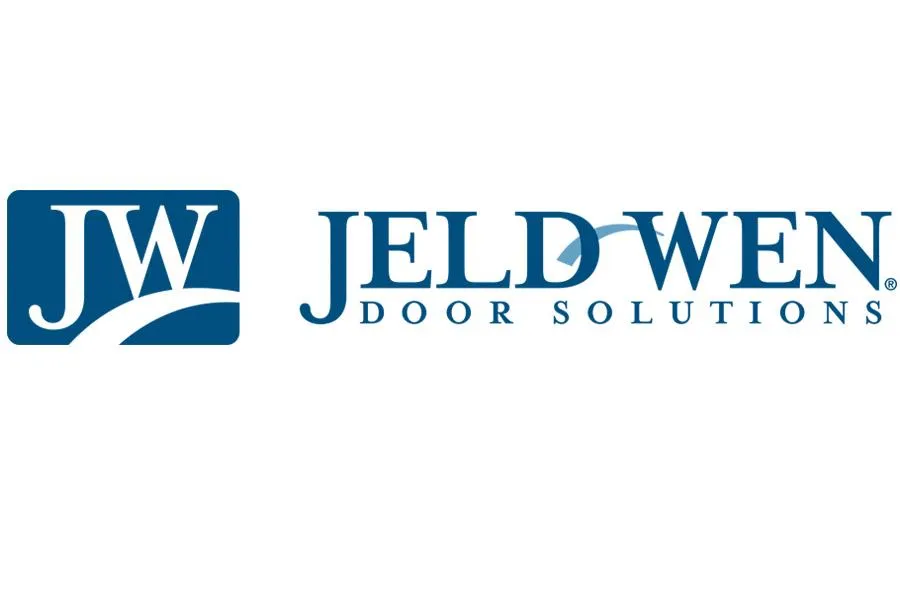

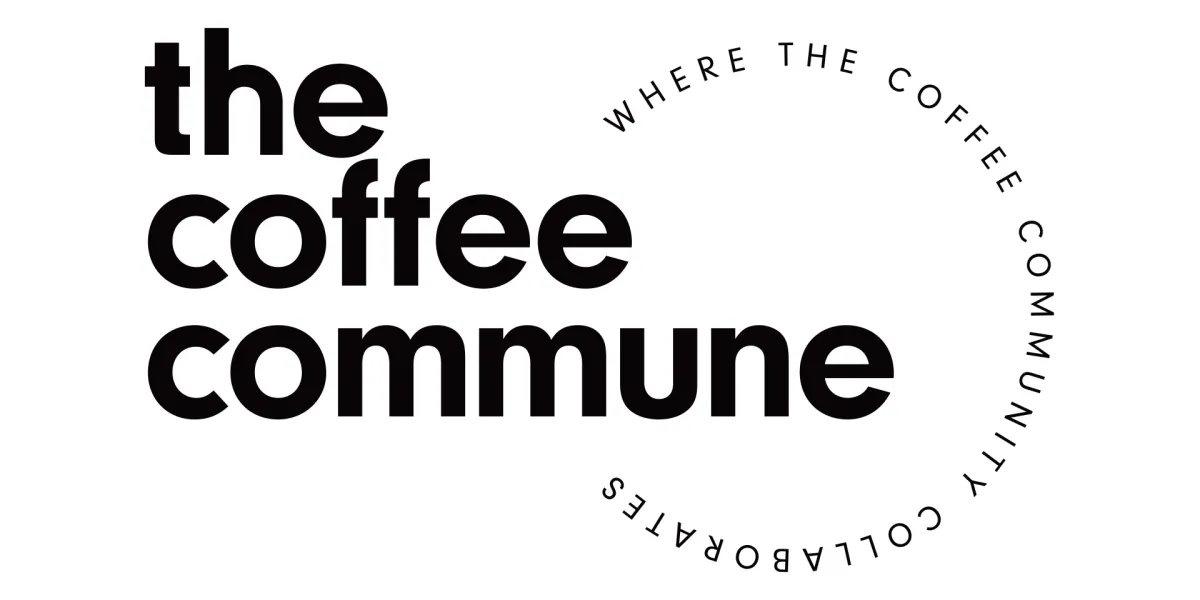


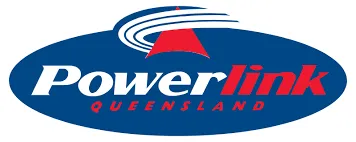


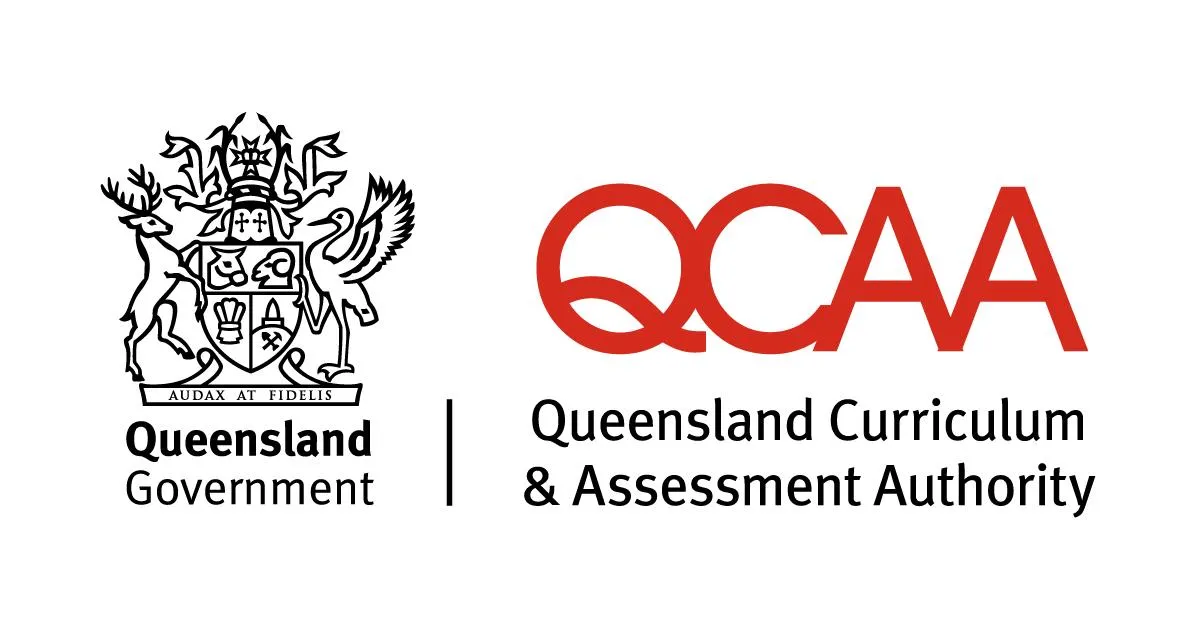


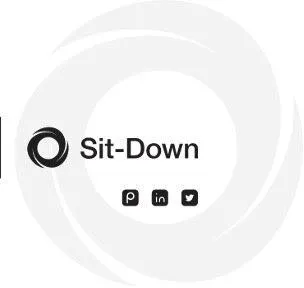

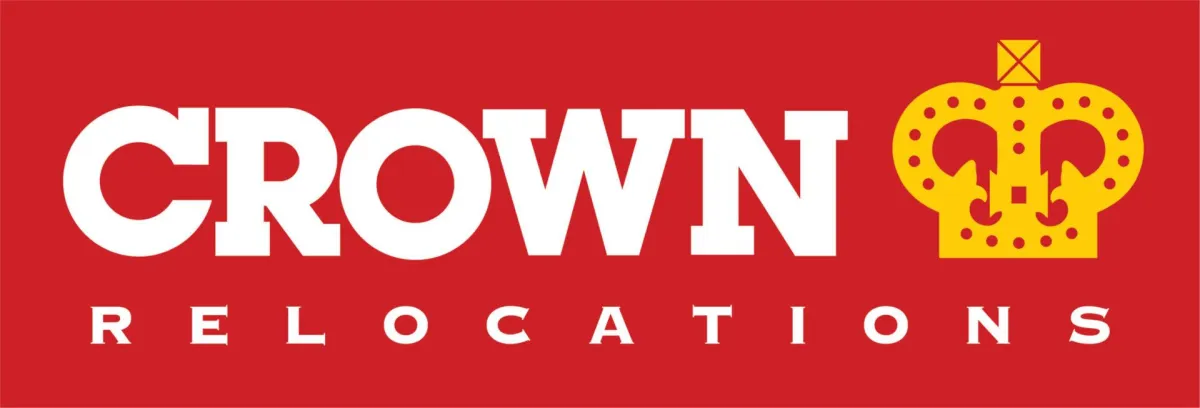

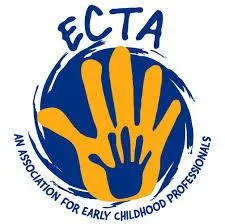

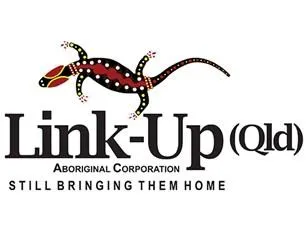
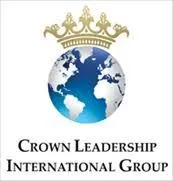
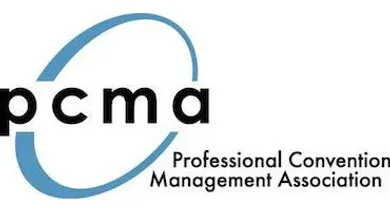

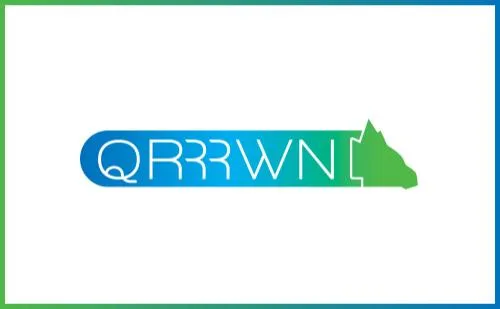

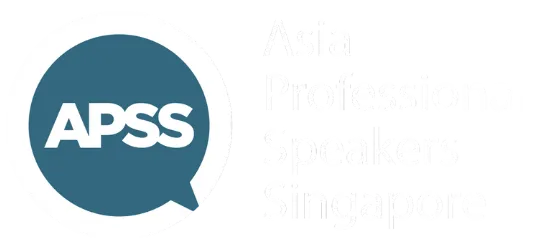




How to Work With Sally
Book Sally for your conference, event or team meeting?
Do you or your management team hunger for deeper, sustained leadership development?
CONFERENCE PRESENTATIONS
A global award winning Certified Professional Speaker, Sally delivers powerful messages through dynamic in-person presentations and world class virtual experiences.
LEADERSHIP DEVELOPMENT
Unlock Your Middle Managers’ full potential with a range of, high-touch, transformational Leadership Development Programs – empowering Middle Managers today!
ONLINE LEARNING
Self-paced, self-directed learning to elevate the leadership of your middle managers. Essential leadership and professional development topics to help your team thrive.
RESOURCES
Check out all of Sally’s Books,
Management Success Skills Workbooks, and Management Success Cards.
Sally is also certified to conduct a range of development assessments.
TESTIMONIALS
What others are saying
"Sally was sensational!"
Her expertise in guiding us through the nuances of leadership, process, and strategy was brilliant. Her interactive and engaging style ensured that each participant left with renewed confidence and clarity.
- Debbie Fletcher
🍔 🍔 🍔 🍔 🍔
"I would highly recommend Sally"
I completed a Middle Managers course with Sally and found her to be incredibly engaging and knowledgeable. The course was extremely interactive and gave us the opportunity for self reflection and to apply the learnings to our real world challenges and opportunities.
- AgriFutures Australia
🍔 🍔 🍔 🍔 🍔
"Many thanks Sally"
I attended the webinar that Sally presented on the "Five Habits of High Performing Middle Managers"! Inspiring and succinct content, energetically and authentically presented, great "take home" reminders for seasoned managers, and powerful suggestions for new managers.
- Jan Maples
🍔 🍔 🍔 🍔 🍔
"Experienced and Professional"
Sally was very experienced, conducted herself professionally, and had a wealth of theoretical and real-world knowledge to draw upon.
- Director Governance and Strategic Partnerships, Australia Radiation Protection and Nuclear Safety Agency
🍔 🍔 🍔 🍔 🍔
"Engaging"
Sally was really engaging, and the content allowed for ample group discussions to openly explore real life examples and scenarios.
- Head of People and Process,
Express Travel Group
🍔 🍔 🍔 🍔 🍔
"Informative and engaging"
Sally was informative and engaging! I took away many tools that I will implement in my career moving forward.
- Manager, Administration & Business Support, Pacific Energy
🍔 🍔 🍔 🍔 🍔
Copyright © 2025 Sally Foley-Lewis
Sally Foley-Lewis: Your Trusted Expert for Middle Manager Development
Copyright © 2025 Sally Foley-Lewis, All Rights Reserved.
